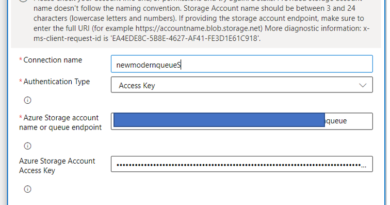Beyond the Buzzword: Demystifying the Realities of DevOps Engineering
DevOps engineers work in a variety of fields and industries, including but not limited to:
- Infrastructure management: DevOps engineers are responsible for designing, implementing, and maintaining the infrastructure required to support software development and deployment, including servers, networks, storage systems, and databases.
- Continuous Integration/Continuous Deployment (CI/CD): DevOps engineers automate the software delivery process through CI/CD pipelines, which involve building, testing, and deploying software applications.
- Cloud computing: DevOps engineers are responsible for managing cloud-based infrastructure, deploying and scaling applications in cloud environments, and ensuring the security and reliability of cloud-based systems.
- Configuration management: DevOps engineers use configuration management tools such as Ansible, Puppet, or Chef to automate the deployment and configuration of software applications and infrastructure.
- Monitoring and Logging: DevOps engineers implement monitoring and logging tools to identify and troubleshoot issues with software applications and infrastructure.
- Security: DevOps engineers ensure the security of the software and infrastructure through the implementation of security best practices, such as vulnerability scanning, penetration testing, and access control policies.
- Collaboration and communication: DevOps engineers work closely with software developers, system administrators, and other IT professionals to ensure effective collaboration and communication across teams.
There are a number of job titles and designations that are commonly associated with DevOps engineering, including:
- DevOps Engineer
- DevOps Architect
- Automation Engineer
- Site Reliability Engineer (SRE)
- Cloud Engineer
- Infrastructure Engineer
- Release Engineer
- Build Engineer
- Configuration Management Engineer
- Integration Engineer
- Continuous Delivery Engineer
- Deployment Engineer
- Operations Engineer




